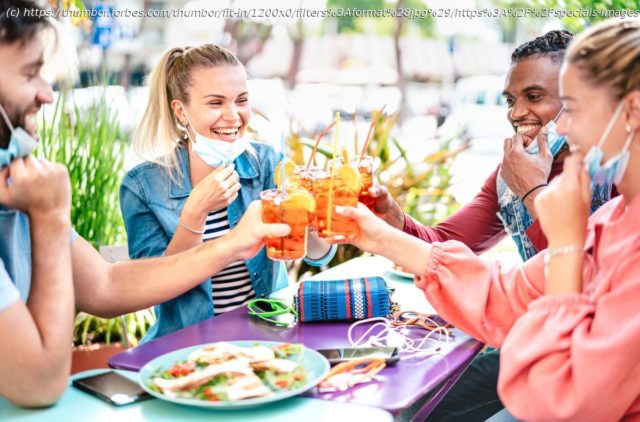Dr. Joshua Liao explains how public health officials can harness behavioral science to decrease the rising rate of Covid-19 transmission.
Dr. Joshua Liao explains how public health officials can harness behavioral science to decrease the rising rate of Covid-19 transmission.
Despite surging Covid-19 cases around the country, groups continue to flout public health guidance about safe practices. Some instances are particularly flagrant, such as Alabama college students reportedly organizing “Covid parties” to intentionally infect attendees. But individual examples reflect a broader trend: since late May, a growing proportion of Americans have socialized with people outside of their own households, with up to a third doing so without maintaining social distancing.
It is easy to write off this behavior as a result of poor awareness and the spread of misinformation. But decision science suggests that it may be dictated by group behavior as much as faulty information. Humans are social beings that seek out surrounding norms to inform what is deemed to be appropriate choices. The tendency to follow the “wisdom of the crowd” or make choices based on what others do (e.g., friends, public figures) is known as social proof. To change Covid-related behaviors, we must implement policies and programs that also harness the power of social influence to fundamentally change social norms.
Social proof and norms can impact a range of behaviors like helping motivate physical activity, increase tax compliance and improve healthcare decisions among physicians and patients. In one prominent example, a utility company successfully reduced energy consumption among residential communities leveraging social norms and educating customers about their usage compared to that of their neighbors.
Home
United States
USA — mix Here’s How Behavioural Science Can Help Curb Skyrocketing Coronavirus Cases






